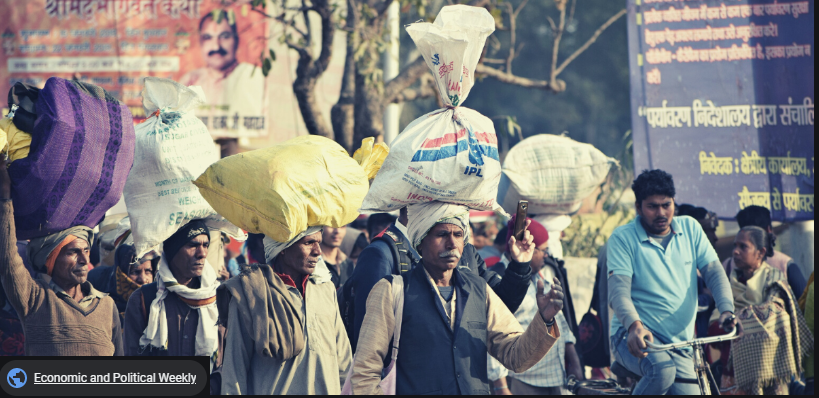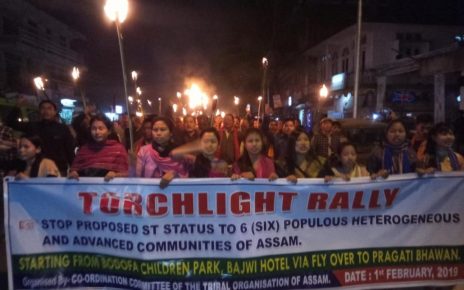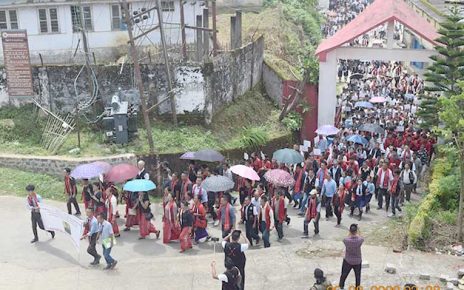COPENHAGEN/NEW DELHI: In a joint study, “COVID-19 in India: Reverse migration could destroy indigenous communities” (https://www.iwgia.org/en/news-alerts/news-covid-19/3549-covid-19-india-reverse-migration.html), International Work Group for Indigenous Affairs (IWGIA) based in Denmark and Indigenous Lawyers Association of India (ILAI) stated that reverse migration of indigenous peoples in the post lockdown period could destroy India’s tribal communities largely concentrated in ten states and in the North-Eastern region.
“The Report of the Expert Committee on Tribal Health of the Government of India in December 2018 had stated that almost 55% of India 104 million tribal population live outside the 809 tribal majority blocks. Hundreds of thousands of indigenous peoples including from the North East migrated to the metropolis, primarily to work in unorganized sectors, in the post liberalization period. As COVID-19 destroys economies and absence of jobs, homes and food loom large; these indigenous migrant workers are all set to return to their traditional areas without access to testing facilities to detect the virus. Reverse migration, possibly carrying the virus, can have devastating impact on indigenous communities. It can wipe out endangered indigenous peoples of India and further, permanently damage the survival of many communities.” –stated the study.
“The detection of 10 positive COVID-19 cases in Port Blair, the capital of Andaman and Nicobar Islands is a serious issue of concern. Its spread can threaten the survival of some of the world’s most endangered indigenous communities namely Great Andamanese, Jarawas, Onge, Shompen and the Sentinelese of Andaman & Nicobar islands whose combined population is less than 1,000. We welcome the closing down of the Andaman Trunk Road (ATR) but there are number of Particularly Vulnerable Tribal Groups in mainland India who remain extremely vulnerable.”- stated Mr Dilip Chakma, Convenor of the ILAI.
The study highlighted various problems being faced by indigenous peoples under COVID-19 such as racial discrimination and attacks on Northeast people, loss of jobs and reverse migration to native places, indigenous migrant workers stranded by the lockdown without adequate food, and impact on traditional livelihood of indigenous peoples.
“About 45.3% of the tribals in the rural areas are below poverty line. During the lockdown, they are not being reached by the State programmes and effectively left to fend for themselves. It is a stark choice between disease and death by hunger.”- concluded the study.




